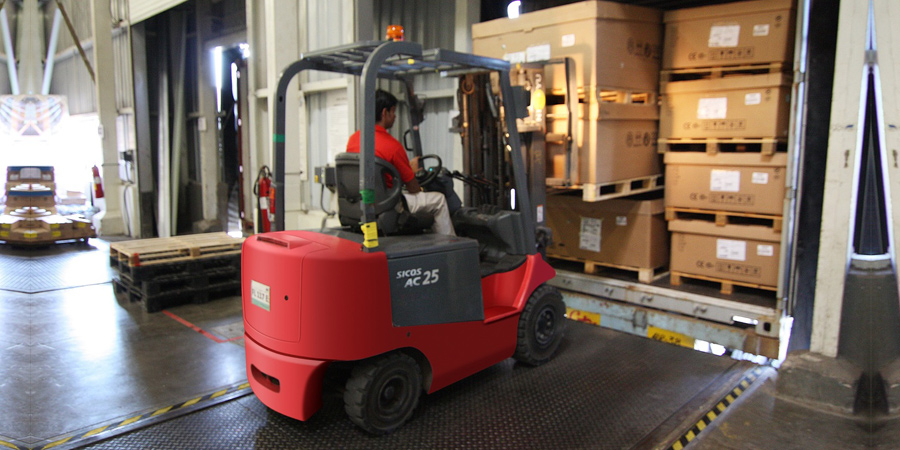Competence upkeep of equipment operators in Industry

For doing any job and getting good results out of any effort, ability to do the same is required. Such all-round ability is called competence. By all-round, it is meant that ability must cover all the needed aspects of the job. A balanced and all-inclusive capability is required to be developed to achieve superlative results. This is exactly applicable to any equipment operator who drives/runs the equipment to get optimum results in terms of output conforming to all the associated parameters, such as quality, time bound delivery, keeping the health and integrity of the equipment and surroundings intact, etc.
Competence of the equipment operator is required to be acquired by the operators themselves, with the help of the various structures of the management – such as supervisors, engineers, managers, HSE/quality experts, trainers, guides etc. All people must contribute in optimum way to raise the cadre of competent operators who finally convert the resources for finished product or services.
Industrial laws also step-in into such important task of competence building. With the advent and introduction of more and more refined, improved and efficient technology into the working field, the task of operation is getting more and more complex, complicated, even hazardous to safety, health, environment, civil life, surroundings, etc.
Section 111-A of the Indian Factory Act, 1948 is quite relevant here, which reads as
Right of workers, etc. – Every worker shall have the right to –
i) obtain from the occupier, information relating to worker’s health and safety at work,
ii) get trained within the factory wherever possible, or, to get himself sponsored by the occupier for getting trained at a training centre or institute, duly approved by the Chief Inspector, where training is imparted for workers’ health and safety at work;
It can be well-appreciated that the intents and purposes of the law is very noble and all-combining. Workers cannot be left alone to acquire the capability on their own, particularly now, when technology is getting more and more complex, technical and specialized, and also more and more risky in several ways to HSE and common public and people in the surroundings. All the concerned faculties must join together in this important task of building, updating and maintaining competent operator.
Ways to acquire and update the right competency
For operator’s category, skill of the operation precedes knowledge of the total operation. Knowledge identifies what a person needs to know to perform the work in an informed and effective manner. Skills describe the application of knowledge to the situations where understanding is converted into a workplace outcome.
The broad concept of industry competency concerns the ability to perform particular tasks and duties to the standards of performance expected at the workplace. Competency requires the application of specialized skills, knowledge and attitudes relevant to effective participation in an industry, sector or enterprise.
Competency covers all aspects of workplace performance and involves:
i) performing individual tasks;
ii) managing a range of different tasks;
iii) responding to contingencies or breakdowns;
iv) dealing with the responsibilities of the workplace, including working with others.
Workplace competency requires the ability to apply relevant skills, knowledge and attitudes consistently over time and in the required workplace situations and environments.
Supervisor shoulders the largest share of responsibility, as the captain of the working team that he forms with his group of workmen, in building –up the competency level at the workplace. With the available bank of qualification and experience of the workmen in the team, along with the general and job-oriented trainings such as SOPs, mix of other important aspects like HSE, team-working contributing to team environment, time management, communication skills, interpersonal skills, —etc. are required to be included.
As the skill level ripens, other important elements of the professionalism are to be introduced in their training modules – such as,
- Attention to finer details and precision;
- Excellent sense of balance;
- Possess ‘can do’ attitude;
- Sense of urgency to meet deadlines;
- Multi-task situations and setting priorities.
Success lies within perseverance of actions
The above shown aims are noble and excellent but their inculcation, attainment and upkeep are no easy tasks. Taking the case of operators in India and several other developing and under-developed countries where education, awareness and general knowledge level is quite low, the above mentioned desirables and essential virtues will need long and persistent efforts to be undertaken and sustained in very simple, interesting and participative sessions. Workmen’s representatives are to be taken into confidence and their cooperation and contributions are to be invited to make such desirables attainable and up-kept at the workplace.


